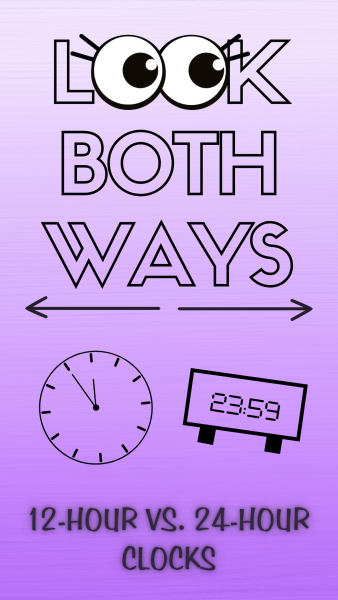United States ought to provide paid menstrual leave
Spain recently passed a bill allowing menstruating employees to take paid leave ranging from three to five days.
Amid a series of sexual rights reforms, Spain has begun offering menstrual leave to employees. For the health and comfort of all menstruating people, the United States should follow suit.
Spain’s new bill, passed into law on Feb. 16, will provide menstruating employees with three days of paid leave each month as well as the option of five days in emergency situations, provided they supply a doctor’s note. Employees who choose not to take their leave will be paid extra during those days.
While Spain is the first European country to offer menstrual leave, it is not the only country with this policy. Japan and Indonesia, for instance, have provided some form of menstrual leave to female employees for 76 and 75 years. Recent decades have seen the addition of several other nations to this happy, cramp-relieving list, including Taiwan in 2002 and Zambia in 2015.
It’s hard not to feel envy for Spain. Menstruation is something that is often ignored and rarely talked about.
According to a 2020 study about women’s experiences with dysmenorrhea, or painful periods, “occurs in 50-90 percent of women of childbearing age” and almost half of the study participants reported that the occurrence of menstrual pain involved having to rearrange previous plans. The study found that in most cases, dysmenorrhea can have a negative impact on women’s academic, professional and social lives.
Menstrual pain is often misunderstood as an easy fix that requires some water and pain medication, but that’s not a solution that works for everyone. For some women, menstrual pain can be as painful as a heart attack.
If you think going to the doctor always helps, think again. According to Northwell Health, female patients are frequently gaslighted about their physical and mental health. Many times women’s health issues are misdiagnosed or dismissed by doctors as something unimportant.
With the concept of menstrual leave being uncommon and not offered by the majority of companies, America reminds its citizens every month that their menstrual pain isn’t taken seriously.
In an article published by educational platform Everyday Feminism, a woman describes her “debilitating, life-altering” menstrual pain. She writes, “It took 13 years for a doctor to take me seriously … my period would land me in bed, completely immobilized by pain … painkillers were useless. The only solution to my period was to wait to pass out from the pain and sleep it off.”
From cramps and aches, to nausea, dizziness and fatigue, menstrual pain can feel immobilizing
Each person’s experience is different. Regardless, when you’re consistently losing blood throughout the day (while simultaneously withstanding an unbearable craving for chocolate) it can be difficult to stand at times, not to mention actively work.
Some critics of menstrual leave argue it can have a negative impact on feminist ideals, inappropriately linking menstruating people to motherhood. Employers may discriminate against female job applicants and many people feel uncomfortable telling the truth about what they go through during “that time of the month.”
In Japan, less than 10% of menstruating employees choose to take their menstrual leave, according to a study by the Nikkei BP Intelligence Group. This is most likely due to an unspoken taboo on the subject of periods, a taboo that’s very clearly rooted in sexism.
Similarly, in a survey conducted by educational institution DPG, of 2,000 participants surveyed, 57% have lied about their reasons for calling off sick when dealing with menstrual pain and 60% said they feel unable to discuss menstruation with their colleagues or managers.
There are legislative ways of combating this universal stigma, however, and therefore it is no reason for the United States not to offer menstrual leave. Normalizing conversation about periods is crucial to the process of introducing menstrual leave in any nation.
For instance, Irene Montero, Spain’s Equality Minister and the member of its Parliament responsible for the new menstrual leave, pushed for introducing the leave alongside a series of other sexual health reforms. As well as expanding abortion access and ensuring trans teens’ rights to registered gender changes, Montero’s plan will also see that period products are free and easily accessible across schools and prisons.
The topic of menstruation and menstrual pain must be talked about more and taken more seriously than it currently is. Menstruation is not, and should not be viewed as, “too disgusting,” nor “too personal” to talk about. Nobody should feel ashamed to talk about their period, and we need to believe people when they say they’re in pain.
Menstruation is natural, but being forced to work through the pain it brings should not be the daily reality of so many people. The United States needs to join the fight and adopt this necessary step forward in sexual health rights.









